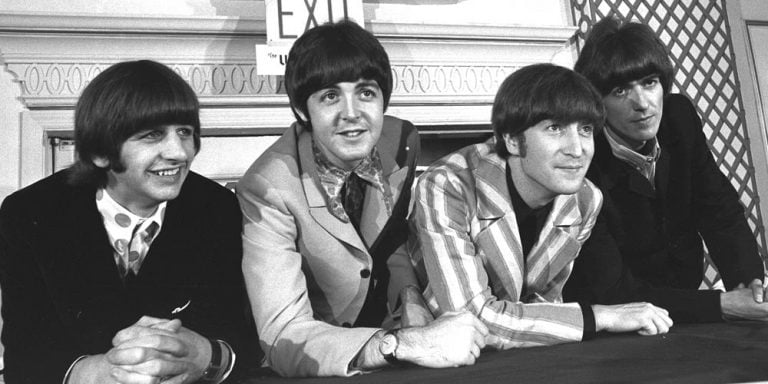There’s always that one friend who feels the need to persuade you of their heightened sense of musical intelligence by explaining why they believe The Beatles are overrated. Often met with snarls and eye rolls, it seems our pretentious friends may not be alone on this topic.
An evolutionary biologist, Professor Armand Leroi from Imperial College London has now said that “I think that our estimation of the Beatles’ importance at that time, or how we think about them, has become vastly inflated”, backed up by a scientific report published back in 2015. You can read the entire report here if you’re feeling that way inclined, but here’s a quick rundown.
Basically, researchers used an ‘audio processing software to extract changes in chord sequences’, placing them into “harmonic” categories to track how timbre in songs changed over the 50 years.
Professor Leroi said that data collected suggests that there were three periods in which massive changes in sound occurred – 1964, 1982 and 1991, years in which The Beatles did not contribute to this evolution. Sounds fair enough, right?
Here’s where it gets interesting. Leroi, mansplainer extraordinaire managed to reduce the Beatles supposed lack of innovation to the fact that their audience, at the time was mostly teenage girls.
“When the [Rolling] Stones, the Kinks and the Who were transforming the face of popular music, Lennon and McCartney were writing ditties for prepubescent girls.”
“That’s not saying they didn’t have nice tunes, it’s not to say they didn’t have nice haircuts, or that they weren’t nice boys, but in terms of driving the music ahead, they just weren’t that important.”
Love The Beatles?
Get the latest The Beatles news, features, updates and giveaways straight to your inbox Learn more
The next time we throw on Revolver for an intriguing listen and journey through pop, psych, rock and the beginnings of punk, we’ll keep in mind the only reason teenage girls went nuts for it in the 60s was because Paul McCartney had a nice mop. Thanks Leroi!



































